Anonib AZN 2025 | Powerful Positive Community Hub

The AnonIB AZN platform has been a topic of major discussion across online communities for years. Originally emerging as a niche internet forum, it became known for its anonymous posting features. While the AnonIB AZN section was primarily associated with image sharing and user discussions, it eventually became controversial for the type of content it allowed.
As with many anonymous boards, the AnonIB AZN environment attracted both curiosity and concern. On the surface, it looked like a place for people to share content and discuss niche topics. However, beneath that layer, it also became linked with privacy violations, unethical content exchanges, and unsafe online behavior. Because of these factors, several authorities and digital safety organizations have taken a strong stance against similar anonymous sites.
In this article, we’ll discuss what AnonIB AZN was, why it gained notoriety, and most importantly, what lessons users can learn about online privacy, ethical digital practices, and protecting themselves in anonymous spaces.
The Origin and Purpose of AnonIB AZN
The AnonIB AZN section originated as a part of the broader AnonIB imageboard, which was structured similarly to other anonymous posting platforms like 4chan. Each section, including AnonIB AZN, was typically dedicated to different themes or interests. The “AZN” tag was often associated with Asian-themed content.
At its core, AnonIB AZN functioned like a message board where users could share images and have open discussions without revealing their identities. The anonymity factor was the main attraction—it gave people the freedom to post without judgment or fear of exposure.
However, that very anonymity also became its downfall. Over time, AnonIB AZN became linked with harmful and non-consensual image sharing, leading to widespread criticism and eventual takedowns by various internet service providers.
Why AnonIB AZN Became Controversial
The AnonIB AZN platform gained a notorious reputation due to its lack of moderation and the kind of material shared by users. Many of the posts and threads crossed legal and ethical boundaries, often involving private or explicit images uploaded without consent.
This misuse of anonymity led to several privacy violations and emotional harm for those affected. Governments and law enforcement agencies across different countries intervened, resulting in the shutdown of the AnonIB AZN section along with the entire AnonIB network.
The controversy surrounding AnonIB AZN serves as a powerful reminder of how online freedom must be balanced with responsibility. While anonymity can encourage open expression, it can also be exploited in ways that harm others and breach trust.
Online Privacy Risks Linked to AnonIB AZN
One of the most serious issues associated with the AnonIB AZN community was privacy invasion. Users often uploaded photos without permission, exposing individuals to harassment and online exploitation. These actions not only violated digital ethics but also broke data protection and privacy laws.
Many victims of AnonIB AZN-related leaks struggled to have their content removed. Once such material appears on the internet, it spreads rapidly, making deletion almost impossible. The emotional and psychological impact on victims can be devastating.
This highlights a key lesson: online privacy is fragile. Users should always think before posting or sharing any personal information or images, especially on anonymous or unregulated platforms.
The Shutdown of AnonIB AZN and Its Aftermath
Due to rising public outcry and multiple investigations, the AnonIB AZN site, along with its related networks, was eventually taken down. The shutdown marked an important moment in the ongoing battle against online exploitation and privacy abuse.
Following the closure, authorities and digital rights organizations began to focus on raising awareness about digital safety and the potential dangers of similar anonymous forums. Despite its closure, mirrors and imitation sites sometimes appear online, but they rarely last long due to stricter internet policies and cybersecurity monitoring.
The AnonIB AZN incident served as a turning point in emphasizing accountability for online platforms. Governments and advocacy groups now work together more actively to report, block, and remove exploitative content before it spreads.
The Importance of Digital Responsibility and Awareness
The downfall of AnonIB AZN underscores a critical lesson for all internet users—freedom online comes with responsibility. Anonymity doesn’t eliminate accountability. Whether on forums, social networks, or private chat groups, ethical behavior and respect for others’ privacy are essential.
Users must understand that participating in or supporting platforms like AnonIB AZN can have serious legal consequences. Sharing or viewing non-consensual material is not only unethical but also criminal in many countries.
In contrast, responsible online communities thrive on transparency, respect, and cooperation. By learning from cases like AnonIB AZN, we can help build a safer, more respectful digital environment.
How to Stay Safe on Anonymous Platforms
The lessons from AnonIB AZN highlight the importance of taking precautions when using any anonymous or semi-private site. Here are some ways to stay safe:
-
Never share personal information. Avoid posting names, photos, or identifiable details online.
-
Think before you upload. Once something is posted, you lose control over it.
-
Use trusted platforms. Stick to sites with strong moderation and privacy policies.
-
Report illegal or harmful content. If you see something unethical, report it immediately.
-
Educate others. Share awareness about online privacy and the risks of unregulated platforms.
By following these guidelines, users can protect themselves and help prevent digital exploitation similar to what occurred on AnonIB AZN.
The Broader Impact of the AnonIB AZN Case
The AnonIB AZN controversy didn’t just affect individuals—it changed how online privacy is viewed on a global scale. Governments began implementing stronger cyber laws, and major platforms increased their focus on consent and digital protection.
Furthermore, tech companies introduced AI-driven moderation tools to detect and remove harmful content faster. Nonprofit organizations also began campaigns to support victims of online image abuse and provide resources for content removal.
The AnonIB AZN case reminded society that the internet, though vast and open, must have boundaries to protect individuals from exploitation.
Final Thoughts on AnonIB AZN
The story of AnonIB AZN is a cautionary tale about the darker side of internet anonymity. While online platforms can foster creativity, connection, and free expression, they can also become dangerous when used irresponsibly.
As users, we hold the power to make the internet safer. Respecting privacy, reporting harmful behavior, and educating others about online safety are crucial steps toward a healthier digital environment.
The AnonIB AZN incident teaches one core truth—privacy is a right, but protection is a shared responsibility.
FAQs
What was AnonIB AZN?
The AnonIB AZN was a section of an anonymous imageboard known for unregulated user-generated content. It eventually became controversial due to privacy violations.
Is AnonIB AZN still active?
No, the AnonIB AZN platform has been permanently shut down due to legal issues and ethical concerns.
Why was AnonIB AZN taken down?
The AnonIB AZN site was removed after authorities found it hosting non-consensual and exploitative material.
What can users learn from AnonIB AZN?
The AnonIB AZN case teaches the importance of respecting privacy, avoiding unethical online behavior, and staying alert on anonymous platforms.
How can I stay safe online?
Protect yourself by avoiding anonymous sites like AnonIB AZN, never sharing personal data, and reporting harmful or illegal content.
For More Visits: Mymagazine
Also Read: TheLowDownUnder Travel 2025 | Inspiring Adventure Guide

 English
English 





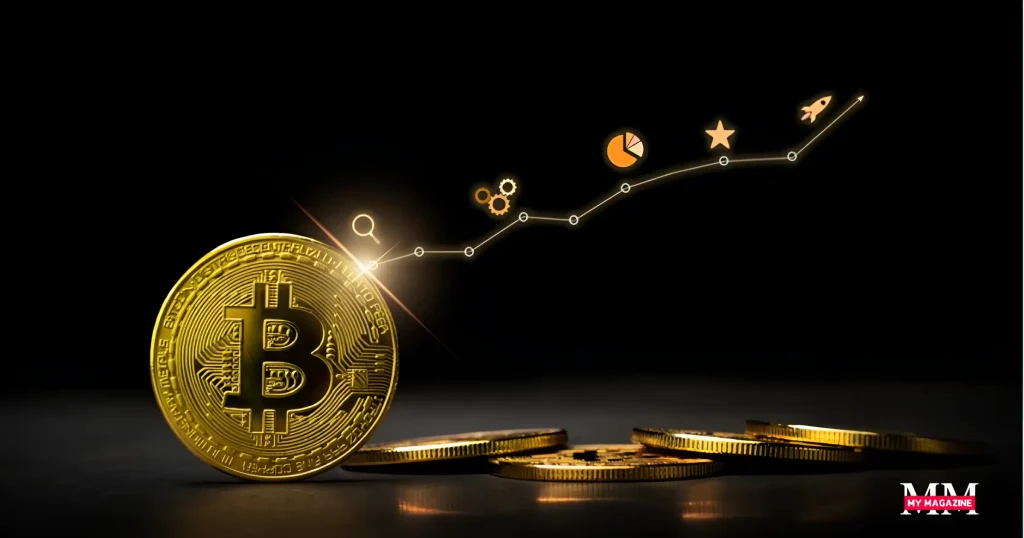






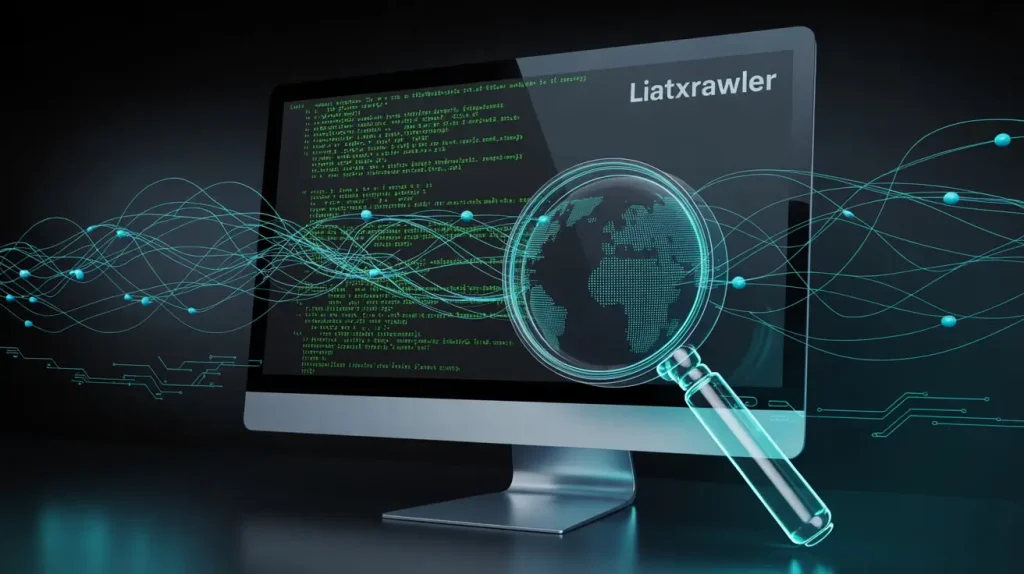



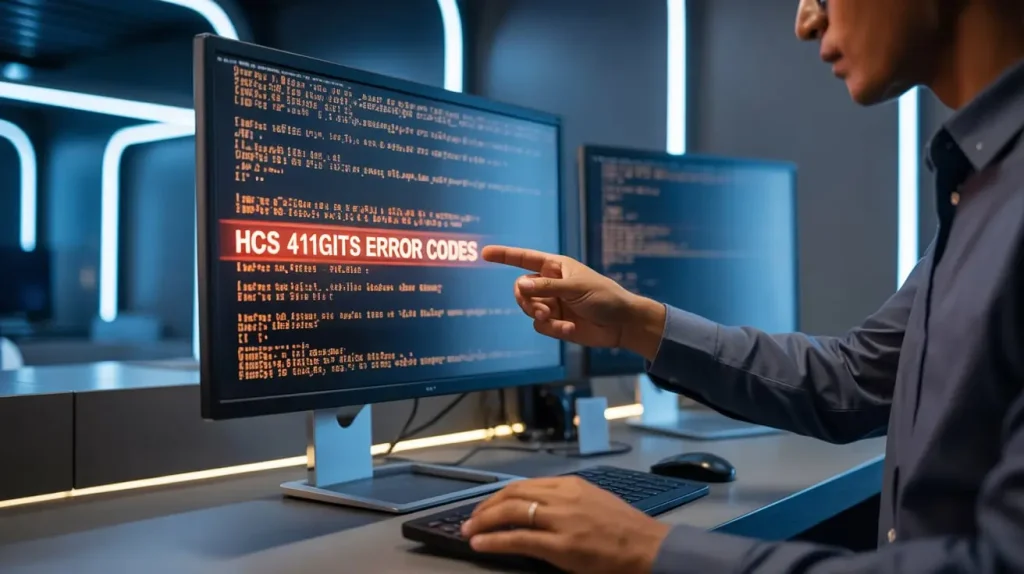






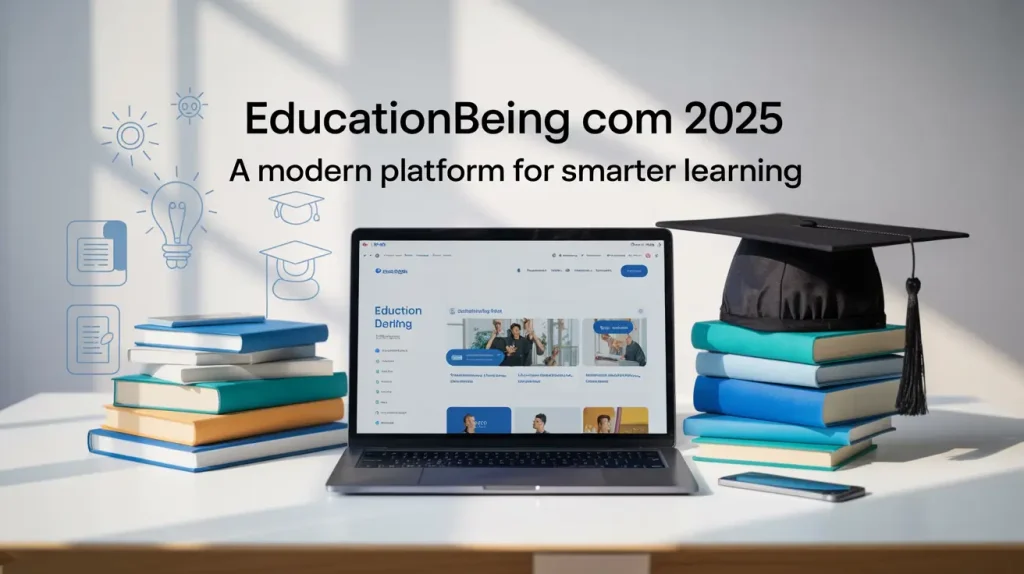



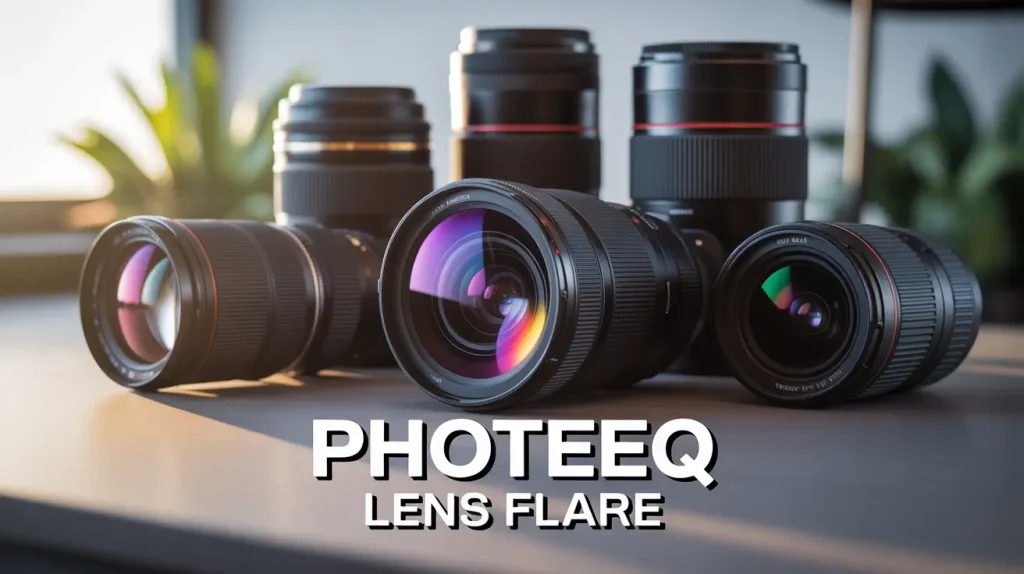
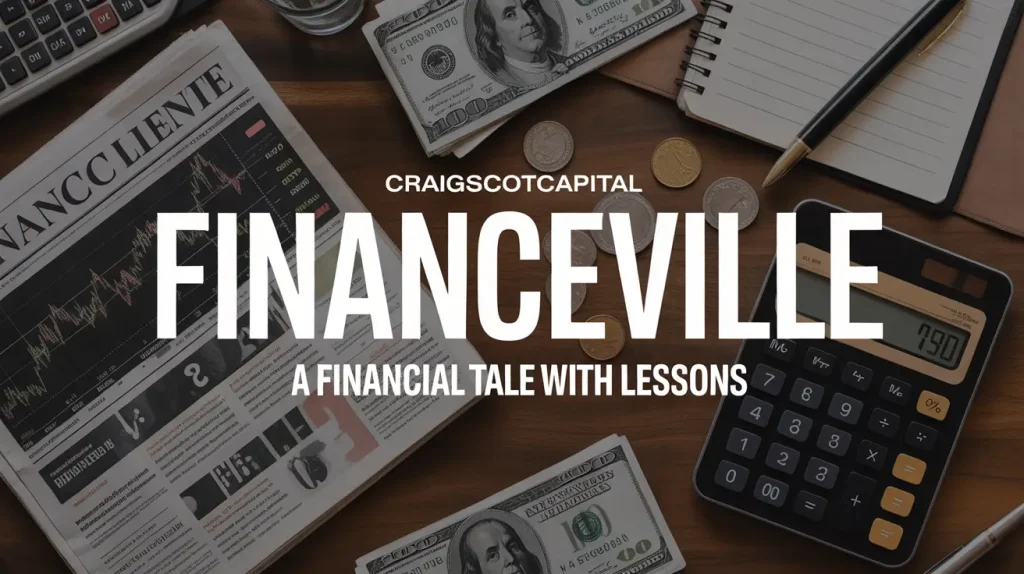





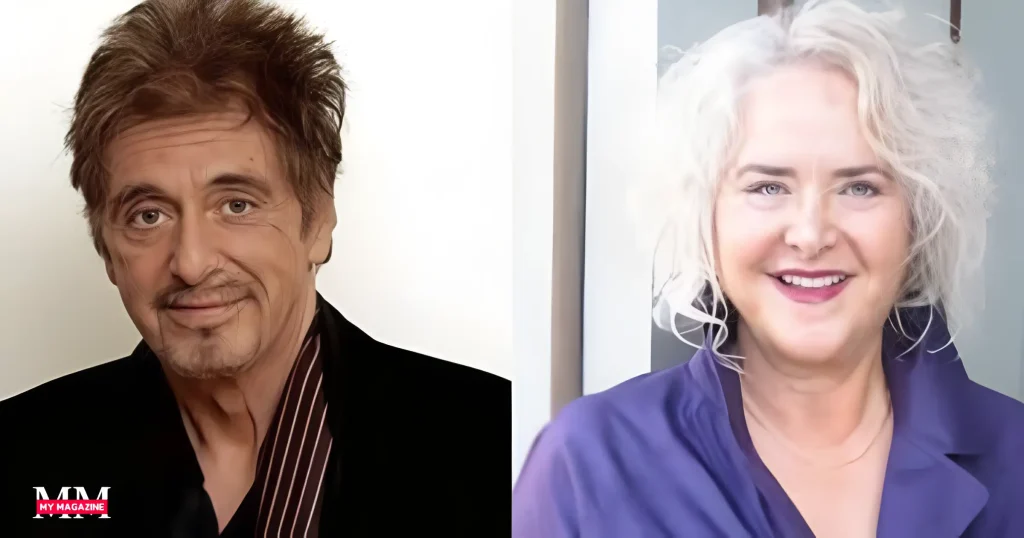




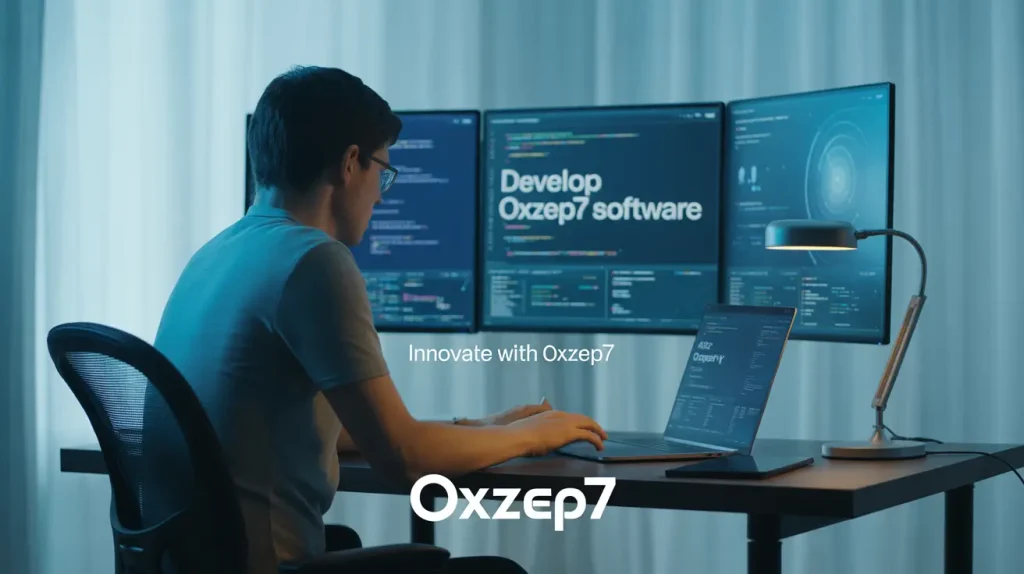


















































































































































![swimsuit edition [abbb] - 1.20 21 swimsuit edition - chapter](https://mymagazine.blog/wp-content/uploads/2025/09/swimsuit-edition-abbb-1.20-21-swimsuit-edition-chapter1-1024x574.webp)























































































































































































































































